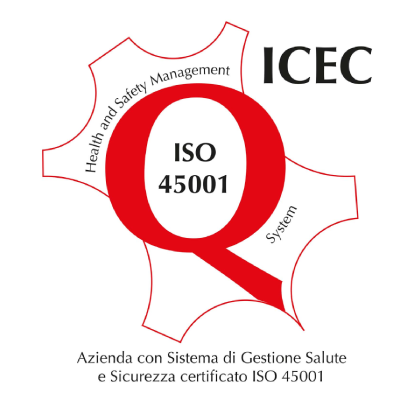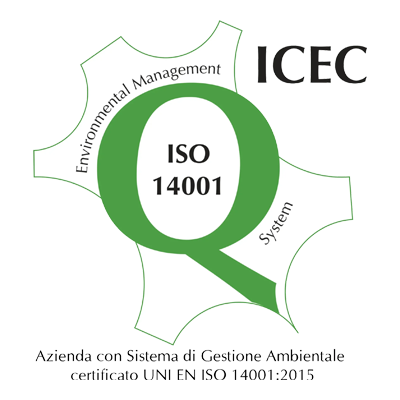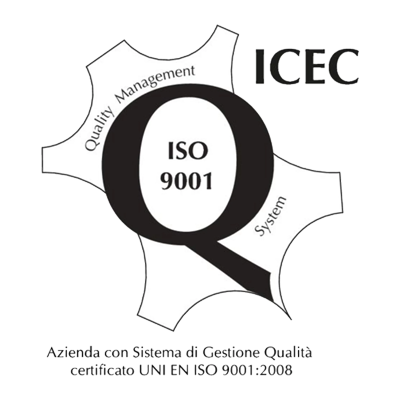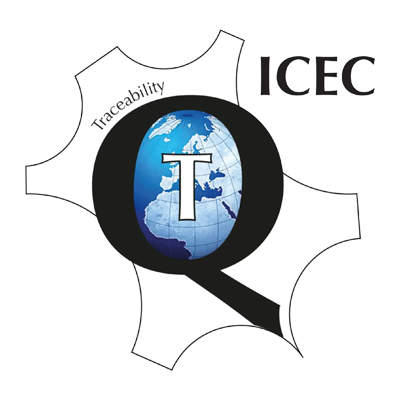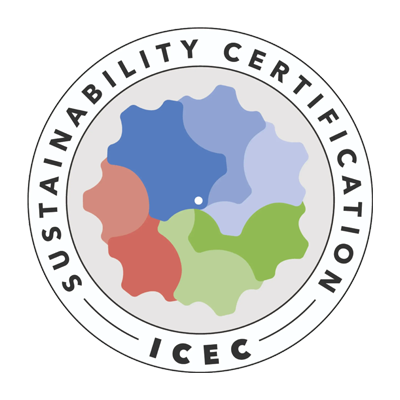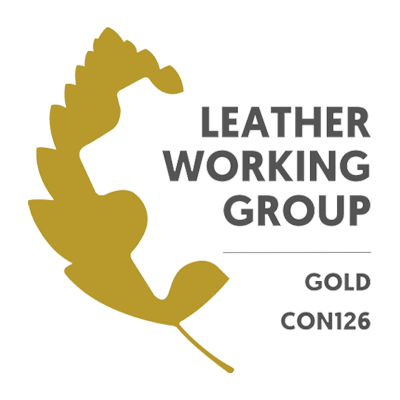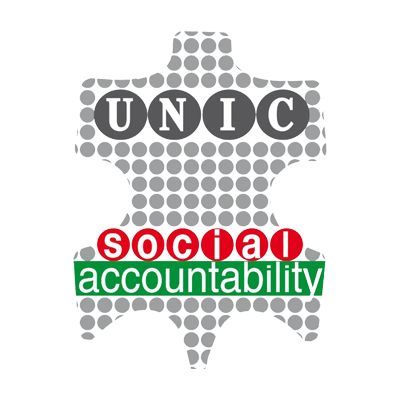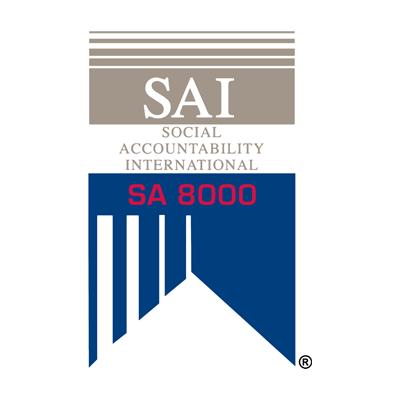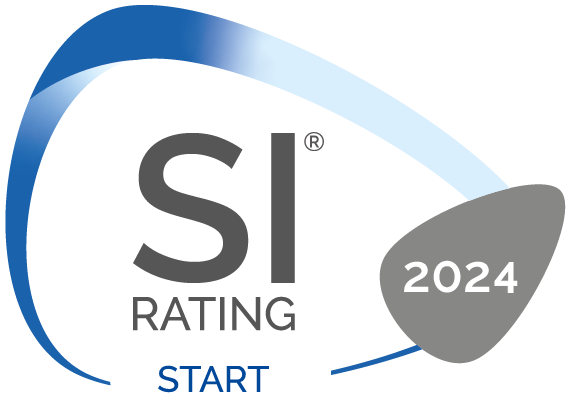Sustainability
Our Journey Towards Sustainability
Both the tanning and finishing departments are equipped with automatic dosing system for optimized use of chemical products. On the energy side the plant is powered by both a gas cogeneration system and a photovoltaic panel system for the production of green energy. The choice of investments is therefore focused on reducing the environmental impact of the tannery process and improving the well-being of employees in the workplace, as well as their health and safety.
In terms of overall efficiency improvement, the company has over the years adopted an increasingly integrated management system that includes quality, environment, safety, and social responsibility.
Sustainability Report
Traceability
Antiba’s goal has always been to establish itself as a specialized, reliable, and conscious company. Consequently, over the years the company greatly invested to build a controlled supply chain from the perspective of respecting the environment, the people, and the animal welfare, and paying particular attention to raw material suppliers from developing countries.
To ensure a certified and reliable supply chain, Antiba works only with a selected group of Indian suppliers, with whom the company has invested to boost growth and continuous improvement in terms of quality, safety, and environmental management. Goat skins are sourced from Tamil Nadu, where the raw material is carefully selected and traced, and then processed into high-quality vegetable-tanned skins.
Deep knowledge of the supply chain is essential for Antiba as much as for its customers. For this reason, punctual and precise data on the origin of the hides and skins are required, so that the whole supply chain can be traced back to the farms, and to ensure our customers have fully transparent and reliable information.
Animal Welfare
Ensuring that our finished leathers come from farms and slaughterhouses that respect the highest standards of animal welfare is the natural continuation of a long process that sees us committed, together with our customers and suppliers, to build a strong, reliable, and certified supply chain.
The well-being of animals is taken into great consideration, as internationally stipulated by the principle of Five Freedoms, and as declared in our policy.


Corporate
Social Responsibility
Corporate Social Responsibility
Antiba is aware of the social impact its activities have towards employees, customers, suppliers, and the community in general. To manage its corporate social responsibility, Antiba chose to adopt the voluntary standard SA8000, verified by a third party.
This certificate is an acknowledgement of the care put by the company towards its employees and the meticulous control over its suppliers.
In this sense, the company is committed to not using child, forced, and discriminative labor, discouraging their practice, putting the health and safety of its employees at the center, and not disincentivizing in any way the freedom of association. Antiba’s commitment also extends to its suppliers, who are accurately selected and monitored with the aim to build a high-value supply chain abiding by the principles of social responsibility, “of health and safety in the working place, and in the proper environmental management.”
The Certifications
Over the years, Antiba has pursued a policy focused on reaching certificates in fields such as social responsibility, quality, traceability, and environmental sustainability, with the goal to guarantee the respect of the highest industry standards.
In time, Antiba kept its already obtained certificates, adding new ones depending on the market demands. Regarding the traceability of raw materials, i.e. half-calf, goat, and lamb, the company achieved the traceability certificate ICEC. The quality management system is pursuant to the ISO 9001 standard; Antiba’s efficient environmental management system is ensured by the ISO 14001 certificate. Antiba’s safety and environmental sustainability are also ensured by the LWG medal (Leather Working Group), a specific certificate for the tanning industry recognised at the international level.
Regarding ethics and corporate social responsibility, Antiba is certified as UNIC SOCIAL ACCOUNTABILITY and boasts the sustainability manifesto ICEC, granted to companies which have at least one certificate in each field (environmental, social, and product).
In order to guarantee the transparency of its supply chain, Antiba has got the SA8000 certification, an international standard that verifies the effectiveness of corporate social responsibility management systems.
The system for managing health and safety in the workplace is certified according to the international standard ISO 45001.
The certification proves the commitment of the company to go beyond the law requirements on safety and health at work by focusing on ongoing training of workers for the prevention and mitigation of health and safety risks at work.
Even our in-house laboratory has earned an acknowledgement, having achieved the CTC approval based on the ISO 17025 international standard.
